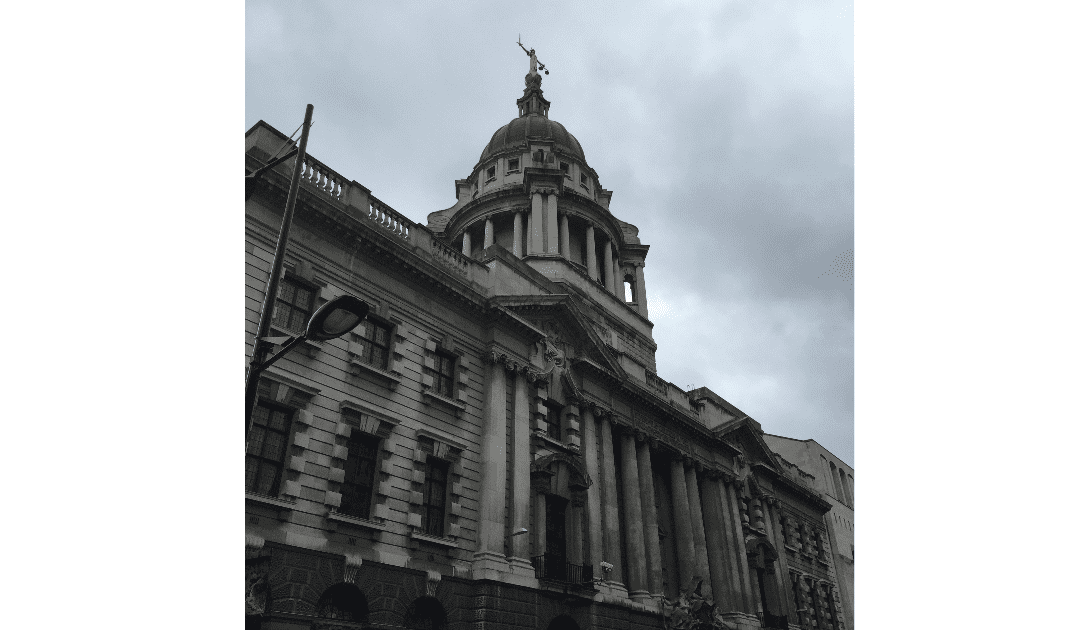I think authors should should do their research and avoid as many errors as possible. My wife Claire is a retired barrister. We both enjoy crime fiction and TV crime dramas. However sometimes the errors are simply too abundant. We’ve become used to the pathologist who doubles up as the scene of crime investigator. I suppose there is a limit to how many actors you can afford. However Friday night’s episode of Dalgleish provoked Claire’s ire.
There is a difference between solicitors and barristers. A solicitor instructs a barrister to represent their client in court. The professional body representing solicitors is The Law Society. The Bar Council represents barristers. So when a member of the chambers of a murdered barrister claims that he was in the Law Society library at the time of the murder, that was implausible. A barrister also referred to partners in the chambers. This was also incorrect. Solicitors may be partnerships, but in England, Wales, Australia, New Zealand, India, Pakistan, Sri Lanka, and Hong Kong, barristers are forbidden from forming partnerships.
When one of the barristers suggested there was a matter of choice over whether to accept a case or not, this again was an error. There is a rule known as the cab rank principle. It’s simple enough, if a cab is waiting in line, it can’t decide whether it wants to take your fare or not. The same applies to barristers.
I don’t know if the errors I refer to exist in P.D. Jame’s novel, A Certain Justice, or whether they belong to the screenwriter. We are all fallible, we make mistakes. But these are not difficult things to research. My education is as an engineer, not a historian, but I do my research. My cousin Bill told me that he passed on his copies of my books to a friend of his, who is a historian. I am very touched by Bill’s friend’s comments. He loved my books and said that there is a level of authenticity that would have been enough. I could have left it there, but added another layer. I like that.

